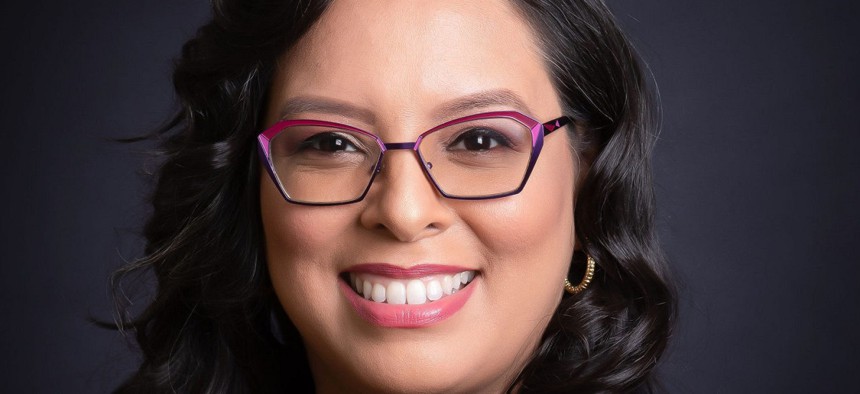Opinion: Why after-school programs are New York City’s silver bullet
Greater support for these programs will create a transformative ripple effect that will resonate throughout the city.

Grace Bonilla is the CEO of United Way or New York City (Image courtesy of United Way)
New York is at a critical juncture, grappling with an affordability crisis that has pushed working families to their limits. The soaring costs of housing, food, transportation, and childcare are not only driving people away, but also squeezing those who remain and forcing them to navigate the delicate balance of making ends meet. The struggle is real, and the statistics are alarming – according to the 2023 True Cost of Living Report, published by the United Way of New York City, more than half of all families in New York City are struggling or unable to cover basic expenses.
This is a crisis that demands attention, empathy, and most importantly, innovative solutions. As a leader working at the intersection of philanthropy and government, I see the need for solutions that could enable all New Yorkers to thrive, achieve economic stability, and live a life of dignity.
So what is the proposed solution? Universal after-school programming.
Providing after-school programs for every student in every district would allow us to accomplish at least two things at once. First, these programs would ease child care strains for New York’s working families; second, they would provide children with a level playing field while they explore structured learning environments and focus on being kids, rather than taking on parental roles. By investing in after-school programs, we can create a transformative ripple effect that will resonate throughout the city.
The current landscape of after-school opportunities in New York City is far from perfect. While we must applaud Gov. Hochul’s recent substantial investment in the Learning and Enrichment After-School Program Supports initiative, we also recognize that we have a long way to go. Less than half of public schools provide free, city funded after-school programs, leaving hundreds of thousands of students on waiting lists. It's time to bridge this gap and make after-school programs universally accessible.
The economic implications of such an investment would be profound. In 2022, the city suffered an estimated loss of $23 billion as working parents either left or reduced their working hours due to the exorbitant costs of childcare. This not only impacted public-school enrollment, but also led to a decline in per-pupil revenue from the state. A universal after-school program is not just a social initiative; it is an economic imperative. By enhancing accessibility to after-school programs, we can boost productivity, retain a skilled workforce, and bolster the city's economic resilience.
A universal approach to after-school programs would help level the playing field in education, and would play a pivotal role in keeping children doing what children should be doing – learning and playing. We know that without structured learning environments, children will be made more vulnerable in several negative social indicators. For instance, kids without after-school are at higher risk of: going hungry, having no help with homework, having to be caretakers – all situations that put them at a disadvantage when compared to their peers.
I am not the first to call for universal after-school programming. I am merely adding my voice to the growing chorus of people who recognize what our children and our communities need. Advocates have been asking for investment in these programs for decades. There is also growing sentiment in our city and state governments – our elected leaders such as Council Members Hudson, Abreu, and Joseph and state Sen. Myrie have been ringing this alarm bell to great aplomb. And recently, a group of after-school providers around New York City published a letter calling on state leadership to invest in universal after-school programming.
We all recognize that after-school is not just an investment in education; it's an investment in New York's future. It's a commitment to the well-being of working families, an economic stimulus, and a proactive measure for ensuring all children have a level playing field. As we stand at this crossroads, let us rally behind this proposal and urge support for a program that has the power to transform lives and reshape the trajectory of our great city.
Grace Bonilla is the CEO of United Way of New York City.
